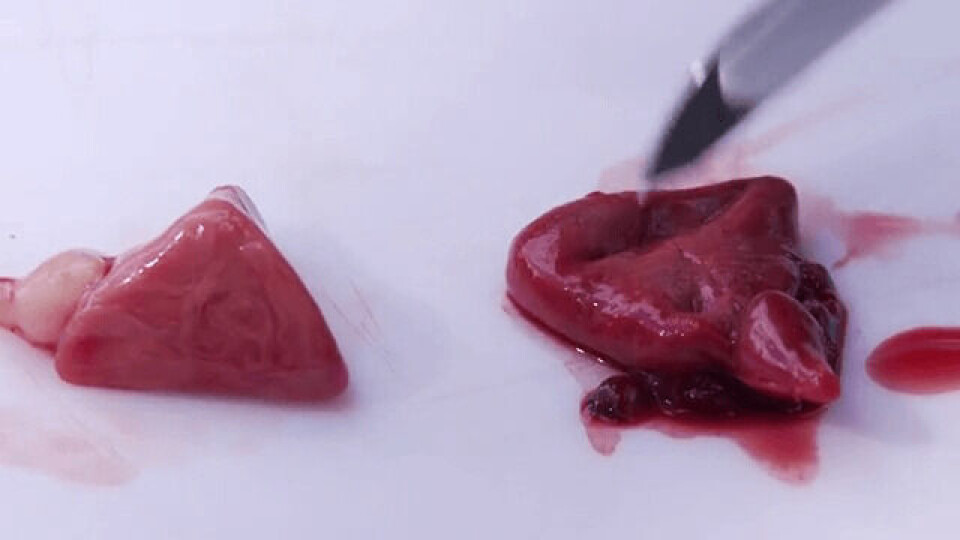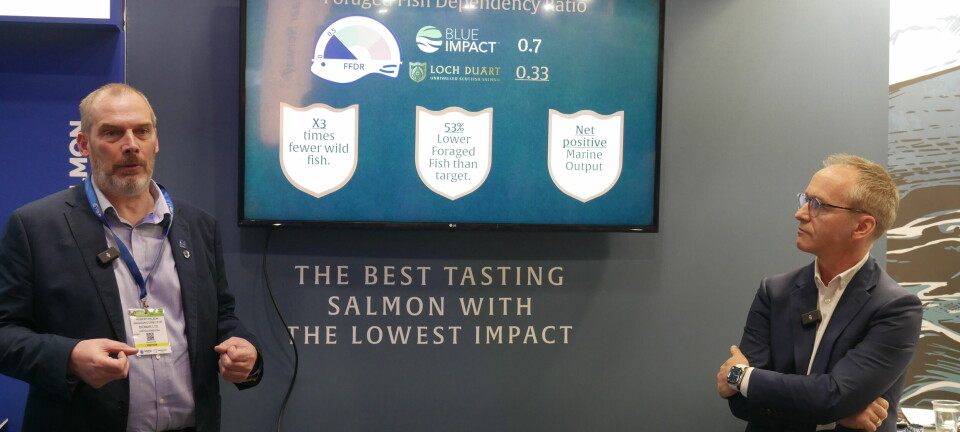
PRV/HSMI link questioned
Despite correlative evidence suggesting that heart and muscle inflammation (HSMI) is caused by piscine orthoreovirus (PRV), a recent study has failed to find any causative effect.
A controlled laboratory study that has challenged Atlantic and sockeye salmon with a fish virus known to be endemic to western North America has found the virus is not linked to any disease or mortality. The collaborative study was conducted at the Pacific Biological Station in Nanaimo, British Columbia, and the results were published in the peer-reviewed journal Public Library of Science yesterday (http://journals.plos.org/plosone/article?id=10.1371/journal.pone.0146229).
The study, lead by virologist Dr Kyle Garver, “Piscine orthoreovirus from western North America is transmissible to Atlantic salmon and Sockeye salmon but fails to cause Heart and Skeletal Muscle Inflammation”, exposed salmon to piscine orthoreovirus (PRV), either directly by injecting virus into fish or by cohabitating naïve fish with naturally infected fish. The results concluded that, although western North American PRV was easily transmitted by injection and cohabitation, its inability to induce disease in fish exhibiting high viral loads indicates factors other than PRV are required for disease causation.
Previous studies on PRV in Norway have suggested an association between PRV and a fish disease known as heart and skeletal muscle inflammation (HSMI), although no cases of HSMI have ever been confirmed in fish with western North American PRV.
Dr Diane Morrison, Marine Harvest’s Director of Fish Health and Food Safety, was one of the eight authors of the study.
“This important study provides definitive answers to many questions that have been asked since PRV was detected on our coast a few years ago,” said Dr Morrison. “The body of research now tells us that PRV has been ubiquitous in the Pacific Northwest for many decades, and that it isn’t linked to any fish disease or mortality.”
The authors conclude that: "These findings also support a growing body of evidence suggesting that at least in western North America, PRV may simply be a ubiquitous virus found in opportunistic scenarios in diseased fish...Caution is therefore needed for current interpretations of the influence of PRV during manifestations of disease such as HSMI, as important components regarding disease causation are as yet unknown, and virulent manifestations of PRV in concert with cofactors such as viral co-infection, host condition, or specific environmental circumstances will need careful future consideration in understanding the role of PRV in diseases such as HSMI."
Other authors of the study include Dr. Stewart C. Johnson, Dr. Mark P. Polinski, Julia C. Bradshaw, Jon Richard (Pacific Biological Station, Department of Fisheries and Oceans); Dr. Gary D. Marty and Dr. Heindrich N. Snyman (Animal Health Centre, Ministry of Agriculture).




















































